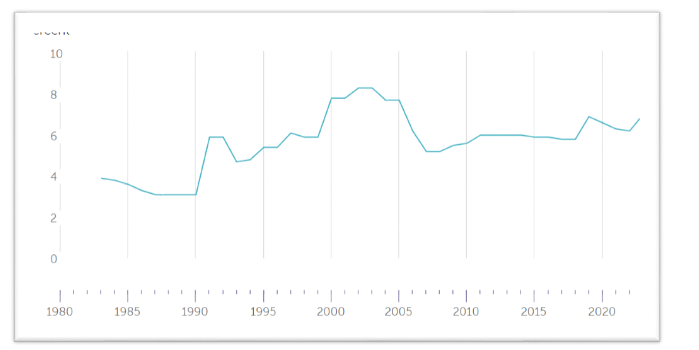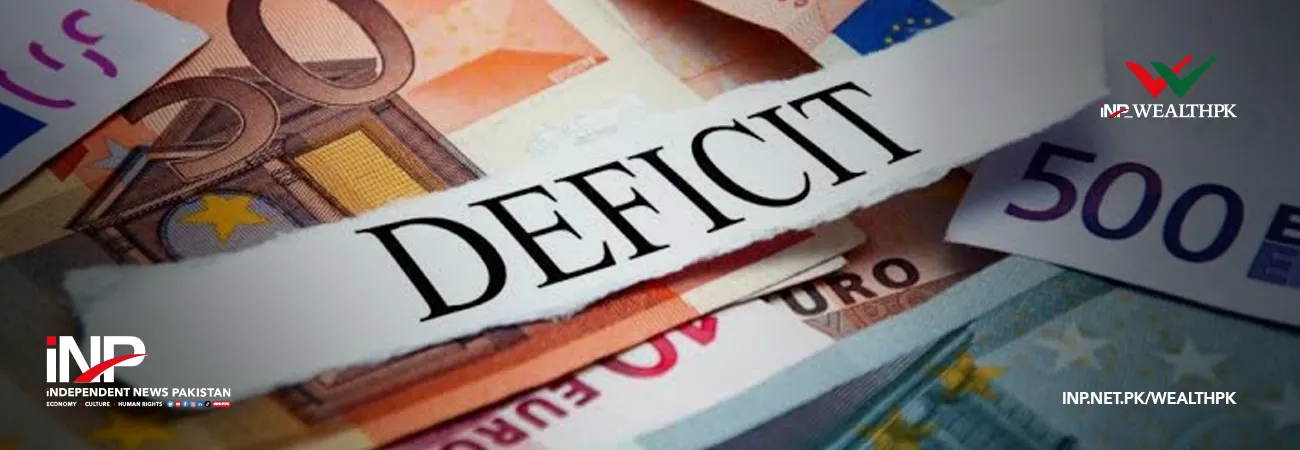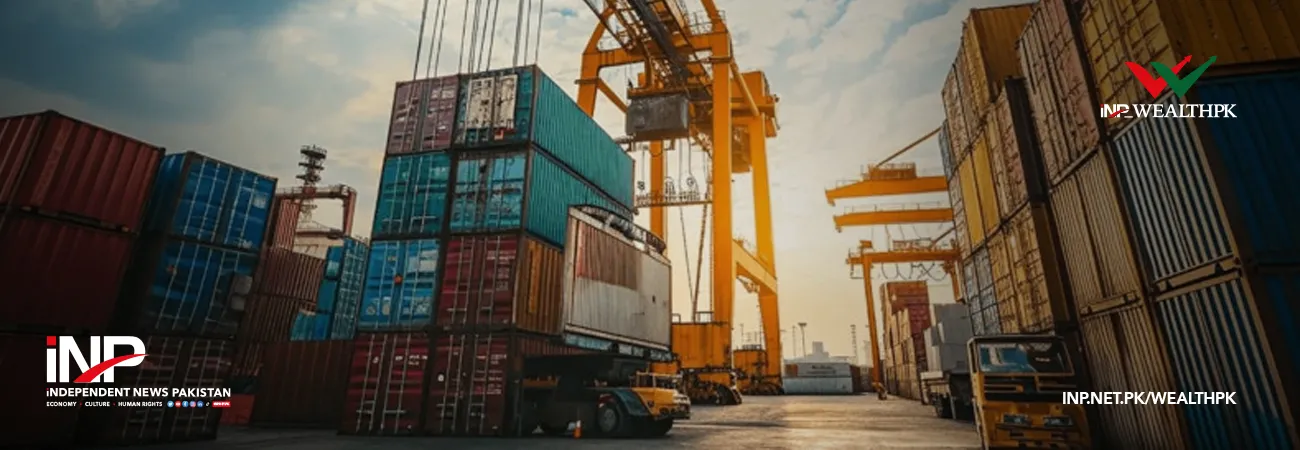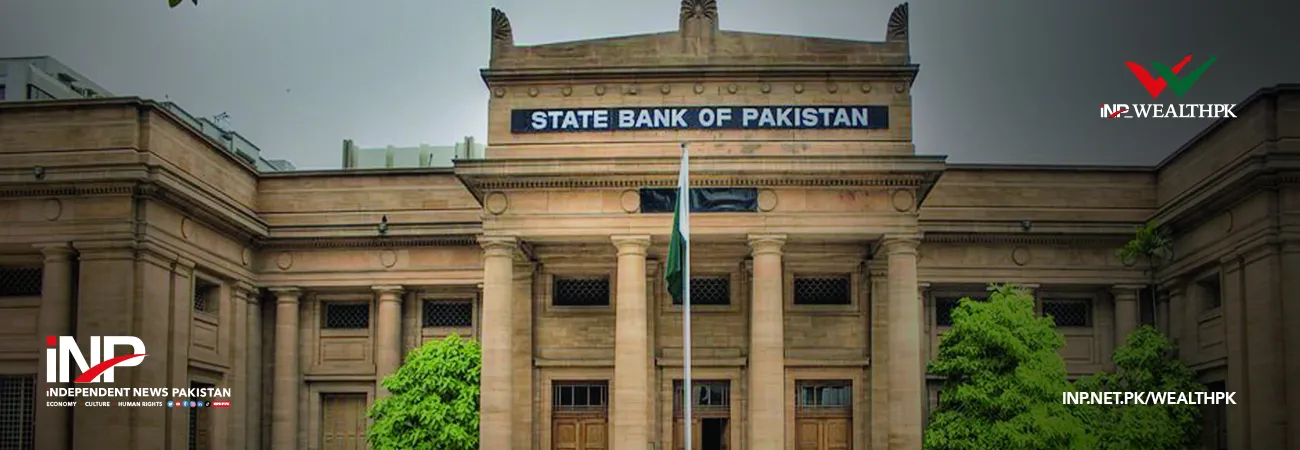INP-WealthPk
Amir Khan
Increased investments in education result in numerous benefits such as enhanced individual incomes, improved workforce productivity, and higher gross domestic product. Extensive research in fostering entrepreneurship and innovation among young people is of vital importance for sustainable economic growth, Dr Farooq Bazai, former vice-chancellor of Balochistan University of Information Technology, Engineering and Management Sciences, told WealthPK. He said that the lack of timely reforms in the education sector has hindered the nation’s ability to develop a skilled workforce for future domestic progress. “Additionally, it is leading to missed chances of exporting educated and skilled workers, resulting in a decrease in remittances,” he noted.
The federal government's allocation for the higher education sector in the budget FY24 is mere Rs97.1 billion, accounting for only 0.67% of the total budget outlay of Rs14.5 trillion. Farooq Bazai noted that though education has become a provincial matter following the 18th Amendment to the Constitution, the government's allocation of less than 1% of the entire federal budget to education indicates a lack of commitment from the centre to address the issues facing higher education in the country. He said despite gradual improvement in the literacy rate, which reached 58.9% in FY23, Pakistan’s progress in producing productive manpower has been sluggish despite the fact that 64% of its population is youth.
According to the Bureau of Emigration and Overseas Employment data, approximately 0.8 million people left Pakistan in search of job opportunities abroad in FY23, with 43% of them being unskilled labour. The decline in average per-person remittances is attributed, in part, to the high proportion of unskilled labour in the workforce exported to the Gulf Cooperation Council region. Farooq Bazai stated that Pakistan had a meagre growth of 0.3% during the outgoing financial year 2022-23, underscoring the stagnant state of the country's economy. The government has set an ambitious target of 3.5% economic growth for the fiscal year 2023-24, but attaining this objective appears improbable considering the present circumstances. Farooq Bazai continued that the repercussions of the minimal growth rate have had a particularly devastating effect on employment, resulting in a substantial surge in unemployment.

Source: IMF- year-wise unemployment rate
rate, which according to IMF, reached approximately 7% in FY23.
He said that many jobless individuals were turning to alternative employment opportunities such as freelancing, which fell under the undocumented economy. Even if the government manages to attain its growth target in FY24, the issue of joblessness is expected to persist for several years to come due to a lack of policy focus on increasing the number of skilled workforce.
Credit: INP-WealthPk













